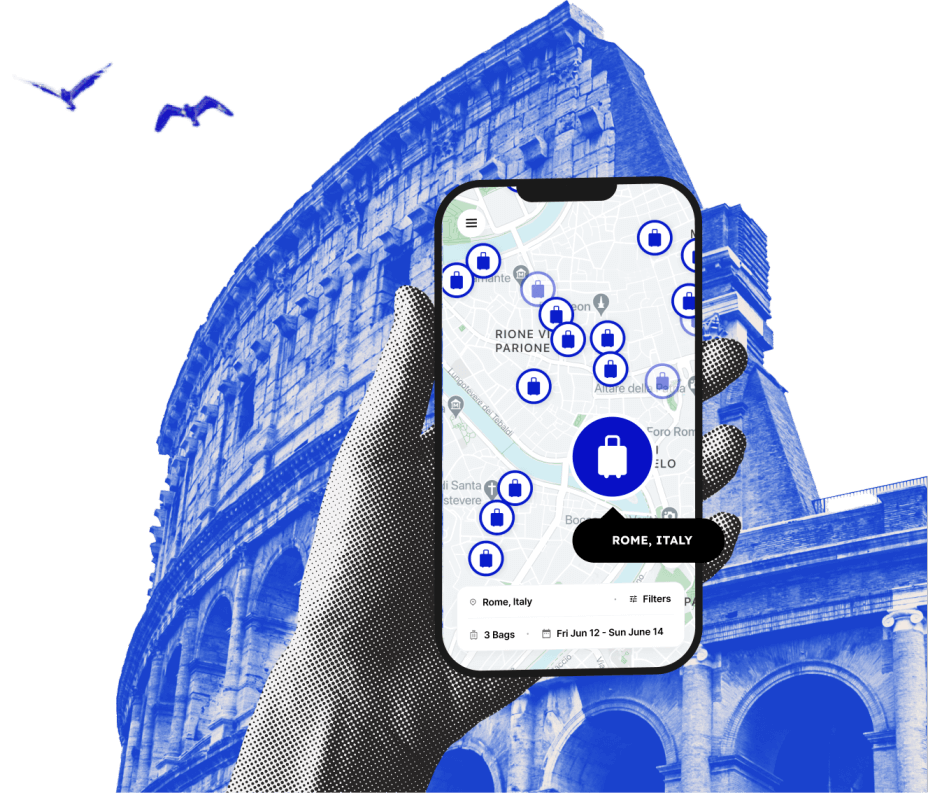Is Brussels safe to visit? A comprehensive safety guide
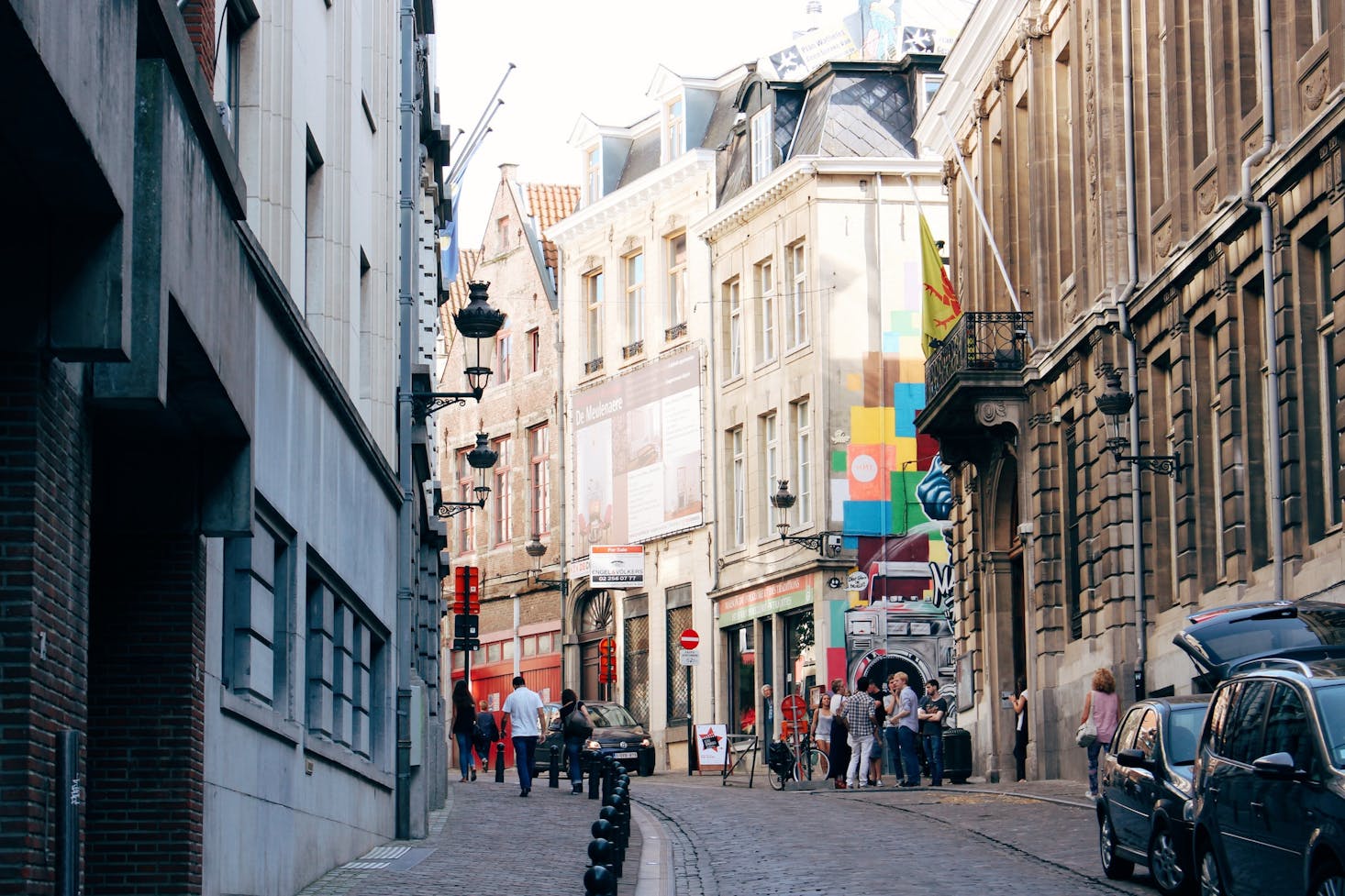
Brussels, the European capital city of Belgium, is located in the heart of the country and is a place full of fun and excitement. There are more than just a few things that attract tourists to Brussels, like the Parlamentarium museum, Mini-Europe, the Fin-de-Siecle Museum, and, of course, the delicious Belgian food. The city is also known for its royal gardens and art nouveau architecture and has plenty of clubs for those who want to enjoy the nightlife.
With so much to offer it is easy to see how Brussels can have up to 9 million visitors in a year. The busiest time to travel to this city is between June and August, and although there are many festivals and events going on you'll have to deal with bigger crowds and longer lines for tourist attractions. Currently, Brussels is also home to over 1.2 million citizens.
You won't want to have your bags slowing you down while you're out exploring the city which is why you should find a Brussels luggage storage facility to stow your bags during your trip. Leave your things with Bounce; store bags of any size to enjoy Brussels stress-free knowing that your personal belongings are safe under a protection plan.
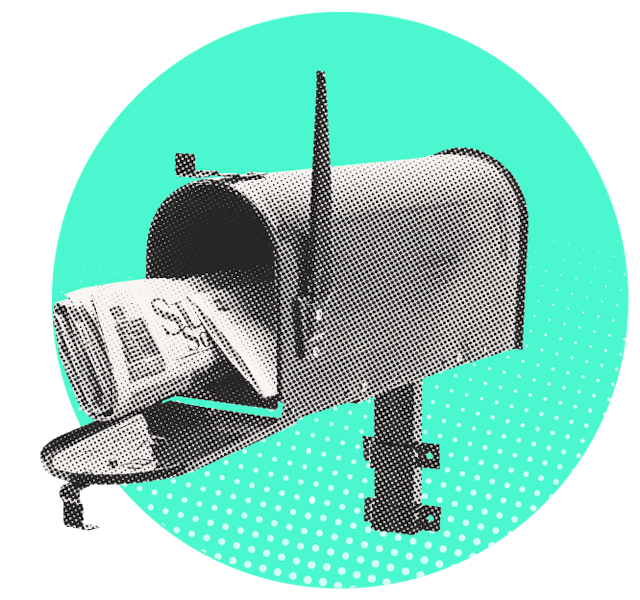
Love discounts and traveling?
Sign up for our newsletter and get 10% off your next booking.
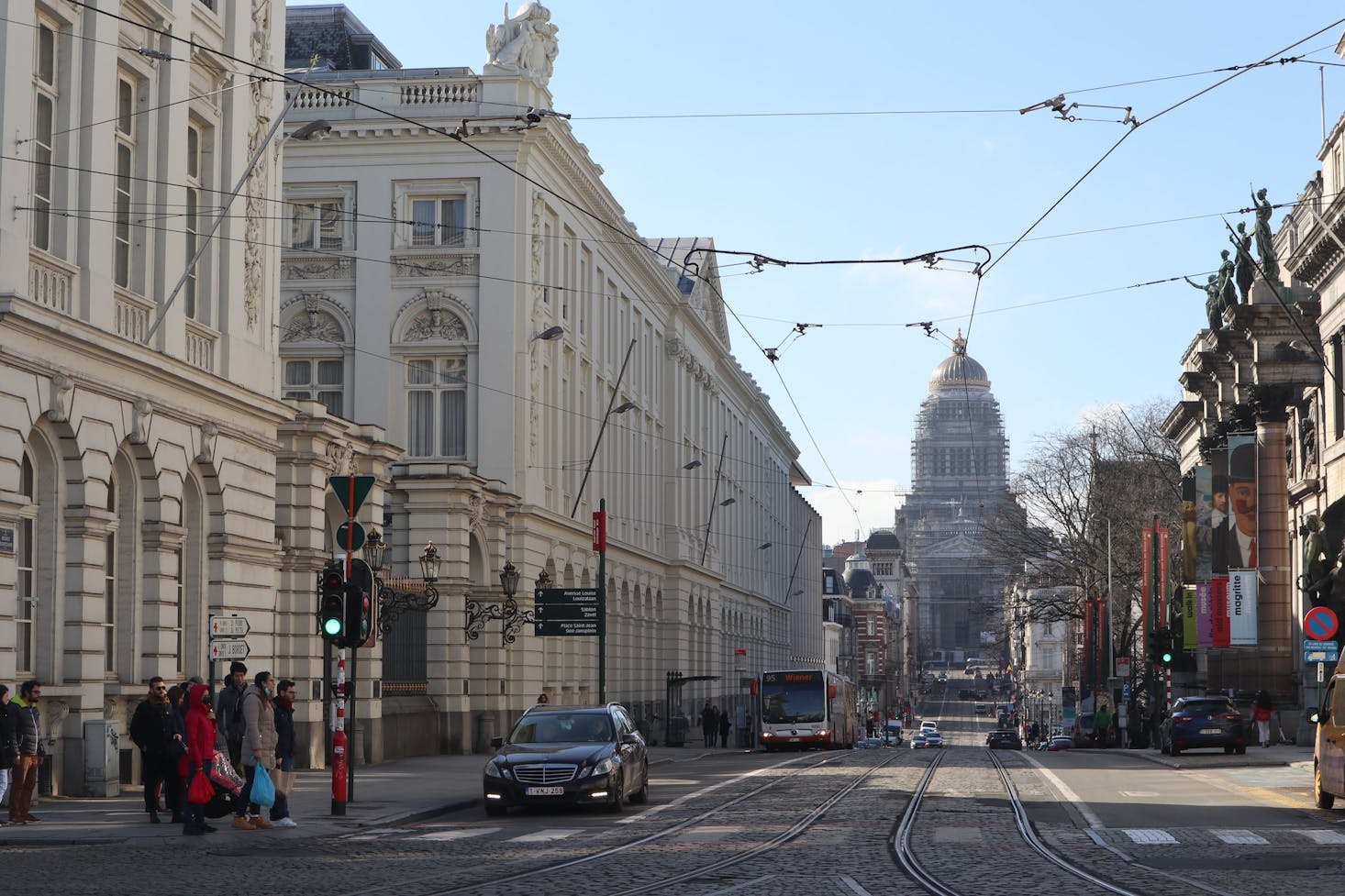
Is Brussels safe to visit right now?
Certain countries are safer than others which is why it is important to take a look at the current entry restrictions before going somewhere new. If you monitor local media then you might notice that right now there is a travel advisory for visiting Belgium and foreigners are told to exercise caution. This doesn't mean that Belgium is an unsafe country, in fact, it has a very good ranking on the Global Peace Index at 20th place.
You should still check your own government's travel advice before you decide if you want to visit Belgium since advisories are sure to change with time. While you're in the city of Brussels you'll need to be careful of pickpockets and muggers as they are particularly common here. To be as prepared as possible, do thorough research and include other safety guides too before taking off for Brussels.
Top petty crimes and scams in Brussels affecting tourists
Nearly no tourist is completely safe from petty crime, and as a foreigner in Brussels, you'll have to be careful of certain things. Here is what you should look out for and how to lower your chances of being a victim.
Pickpocketing
Pickpocketing can occur in Brussels. We recommend not carrying a purse but instead having a cross-body bag and be aware of where you keep your phone and wallet. Try to find a good pair of pants with zippers on the pockets or use a money belt worn in front of you so that your belongings are within eyesight at all times.
Scams
Scams can occur European capitals that get a lot of tourists. You should be mindful of the advice given to you on the street as scammers might pose as friendly locals but will instead be trying to point you towards a place that will overcharge you.
You might also be able to spot fake petitions or scammers trying to sell counterfeit products, so it is recommended to not give your money to people on the street. If you do buy something from a street vendor make sure that you double check the amount of change that you get back since they might try to give you less. On top of that, never trust your luggage to strangers offering to help, and make sure that any taxis that you enter are registered and are using the meter since they might try to overcharge foreigners.
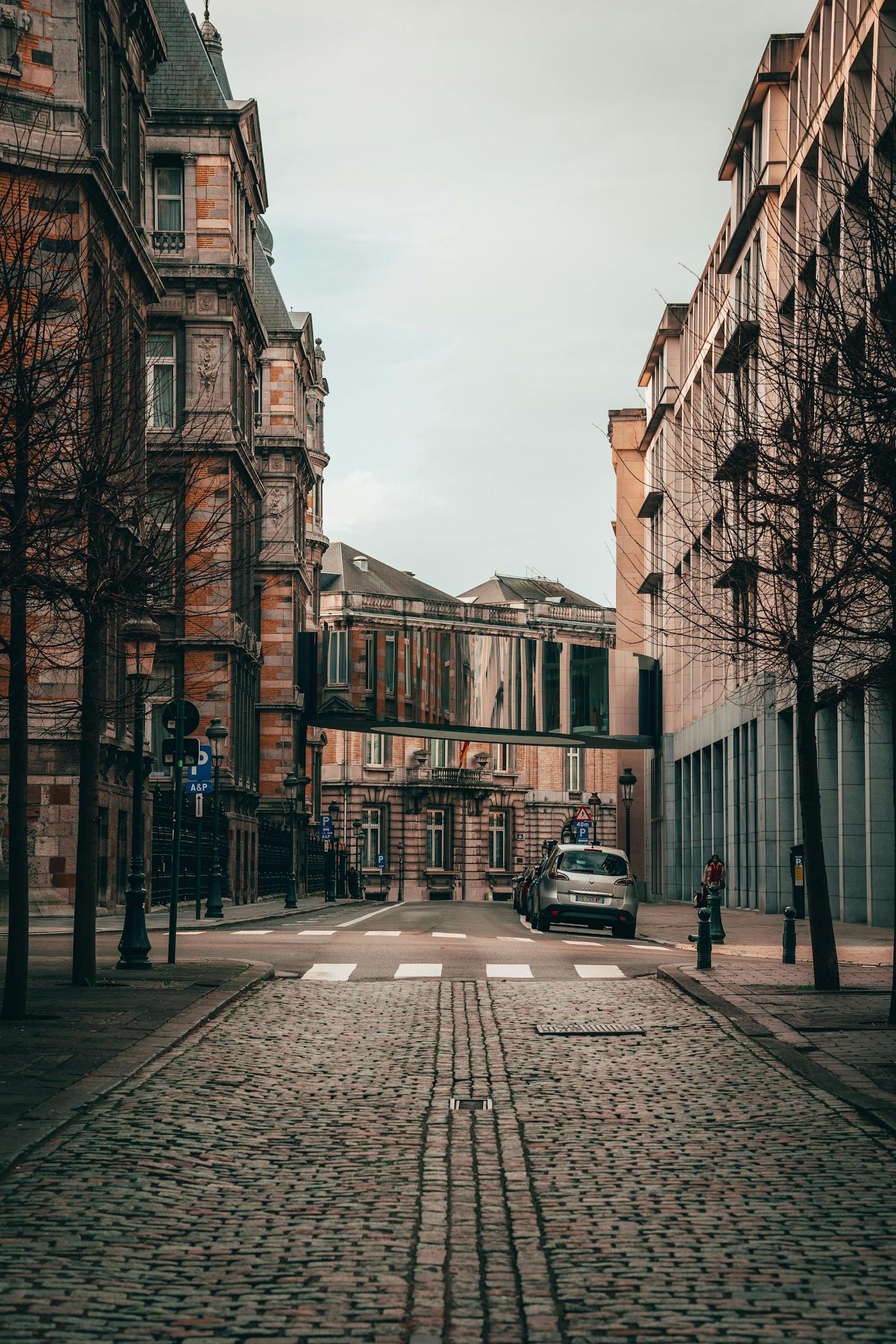
Is Brussels safe to travel alone
Some people like to explore European countries by themselves, but it is important to see whether a place is safe for solo travel first. When taking a trip to Belgium, Brussels is an attractive city to travel to.
Since Belgium is a safe country ranked 21st on the Bounce Women Travel Safety Index, it can also be a good place for solo female travelers to go. Whether you're a man or a woman you should be aware of your surroundings when going anywhere on your own and use your common sense if you feel uncomfortable in a situation. Don't go down any quiet or dark streets at night, and be careful when in transport hubs.
Safest neighborhoods in Brussels
Just like in any other large European city, there are plenty of Brussels neighborhoods for you to discover. Here are a few areas that you can feel at ease exploring when you visit Brussels.
Marolles
Found right on the border of Brussels' historic area, Marolles is the perfect place for tourists to stay. It is an exciting neighborhood with antique shops, beautiful buildings, and old school pubs for you to enjoy.
St. Giiles
Looking for somewhere to experience real Belgian culture? This could be the perfect neighborhood for you. It is filled with cultural attractions like art galleries, cinemas, theaters, and much more.
Ixelles
This hip and trendy neighborhood is a fantastic place for foreigners to stay in or at least visit. Here you'll find some cute cafes and bars and, although it isn't quite the red light district of Brussels, it should have enough nightlife to keep you satisfied.
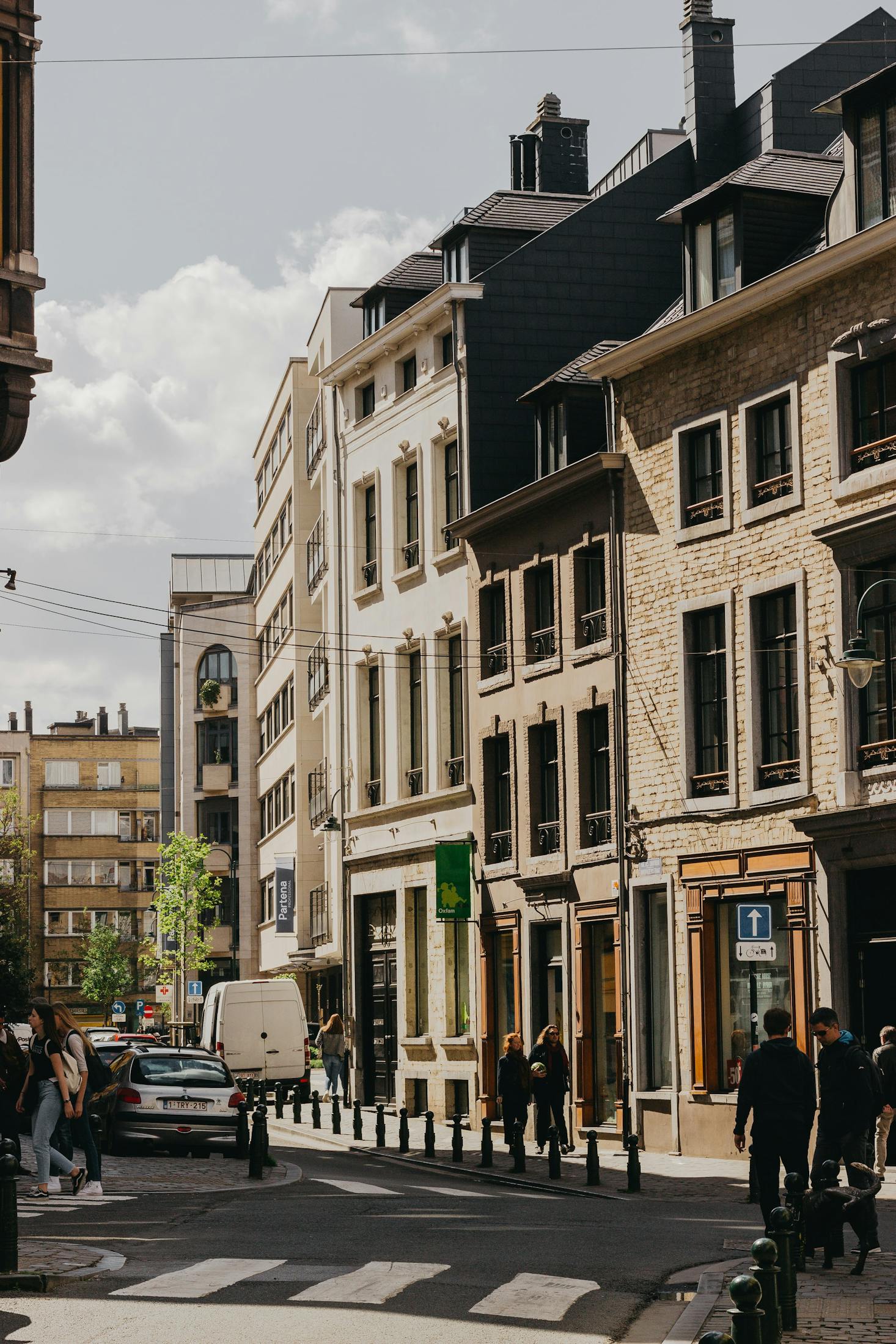
Is Brussels public transportation safe?
Despite being a fairly big city, not many attractions will require you to use the public transport system to reach them. However, if you do need to travel a significant distance then the international trains and other public transit networks can help you out. They are a better choice as opposed to using a car as the roads can be a bit difficult to navigate for foreign drivers, and you might require an up-to-date international driving permit or Belgian license to use a vehicle here.
It is often said that the best way to get around when visiting Brussels is to bike, and it's an incredible way to take in the sights.
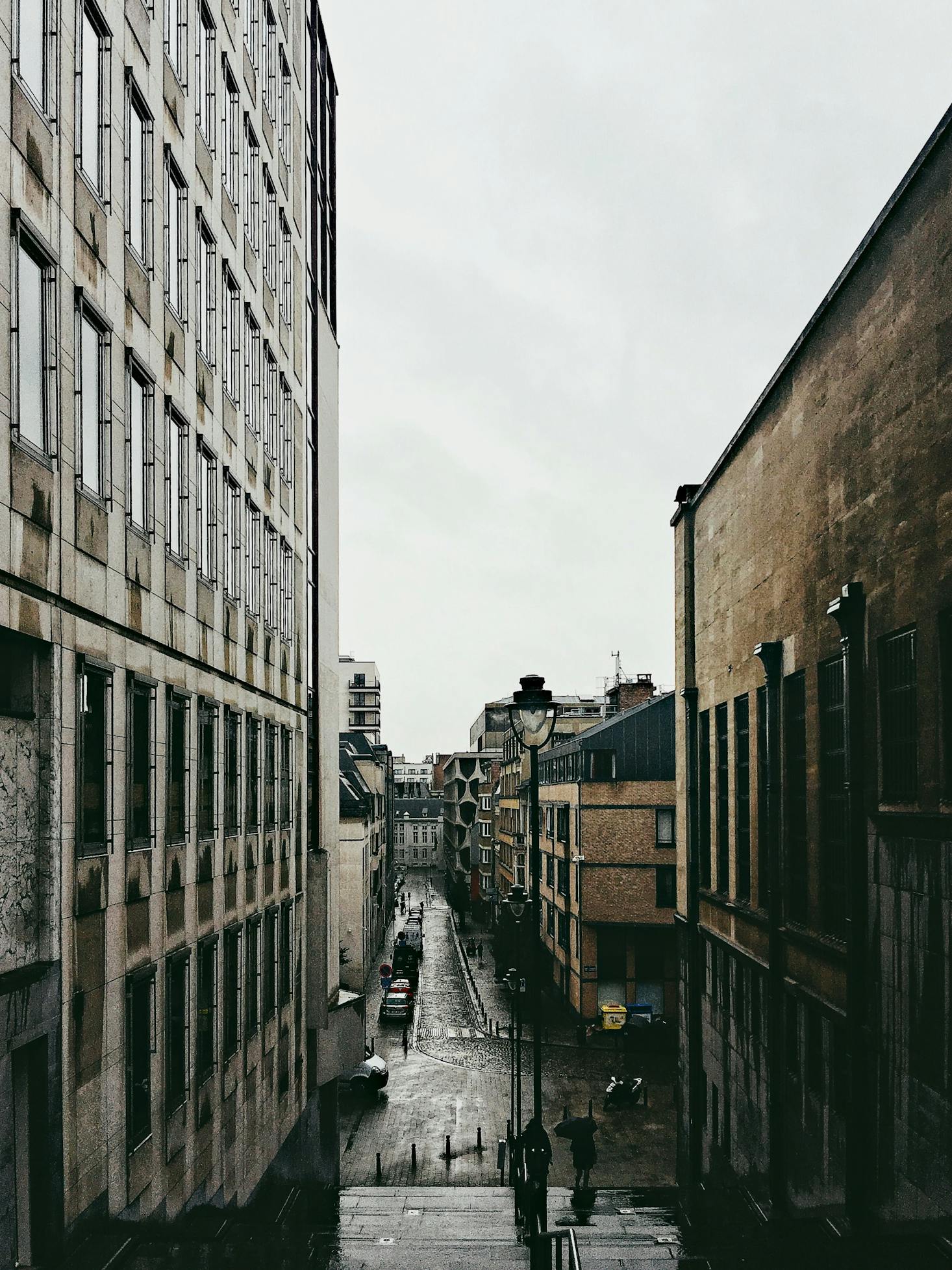
Important emergency numbers in Brussels
Here are some numbers that you can use to contact the local authorities in an emergency. And make sure that you know your embassy number too.
- European Emergency Number: 112
- Fire and Ambulance: 100
- Red Cross: 105
Being safe in the beautiful city of Brussels
Belgium is one of the many European countries that attract visitors from around the world. Just like in other countries, you'll need to be mindful of the people and things around you. By taking into account these Brussels safety tips we're sure that you'll have a safe trip in the Belgian capital.

Love discounts and traveling?
Sign up for our newsletter and get 10% off your next booking.
